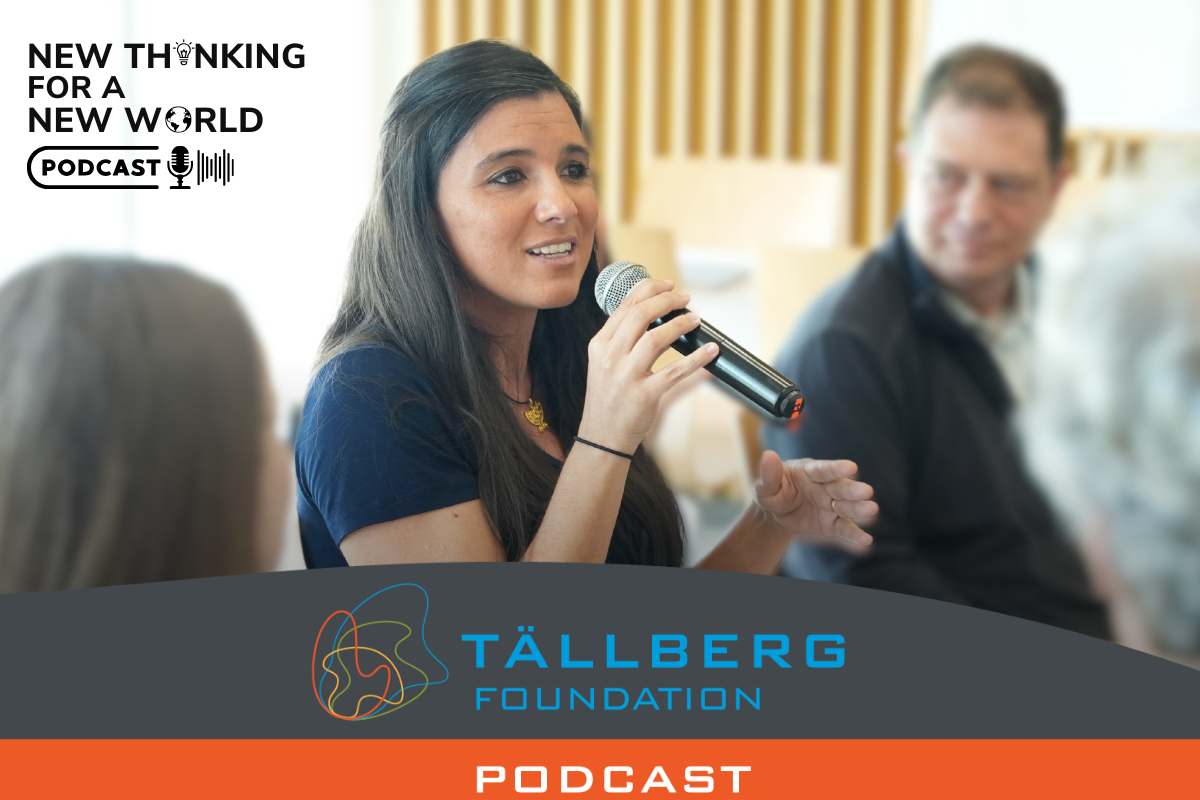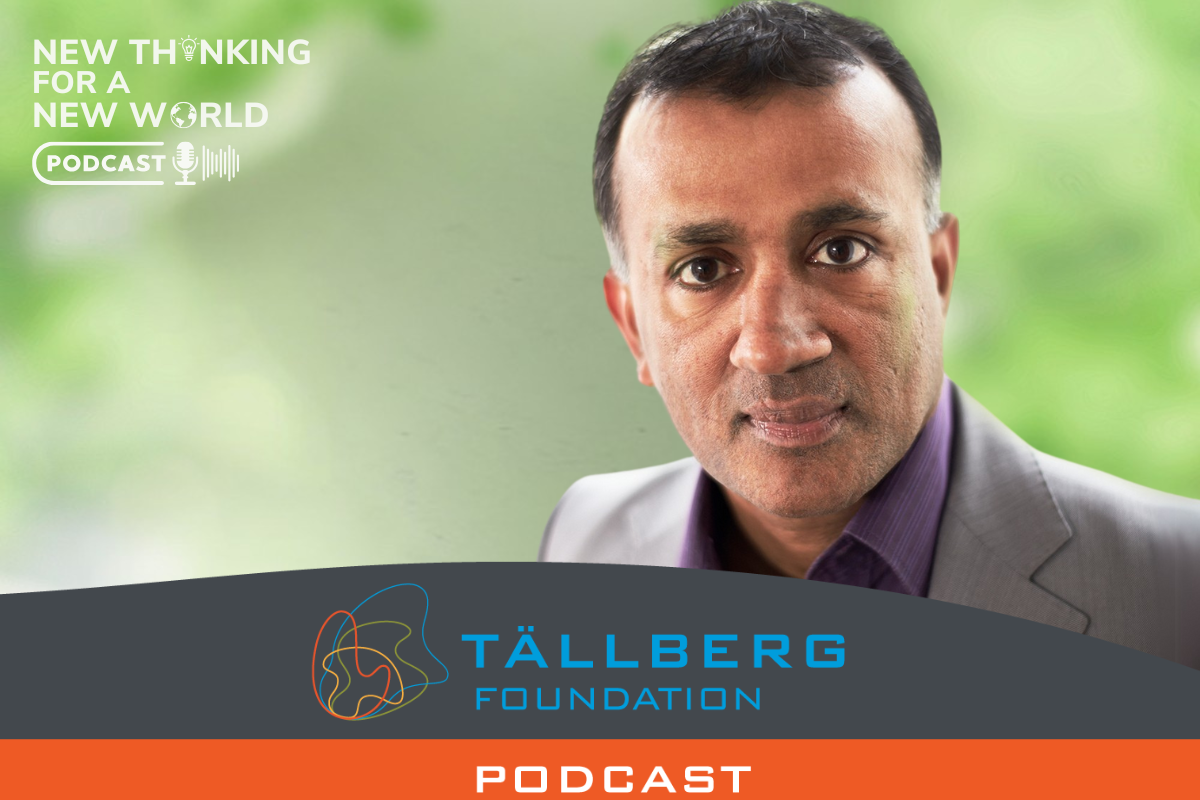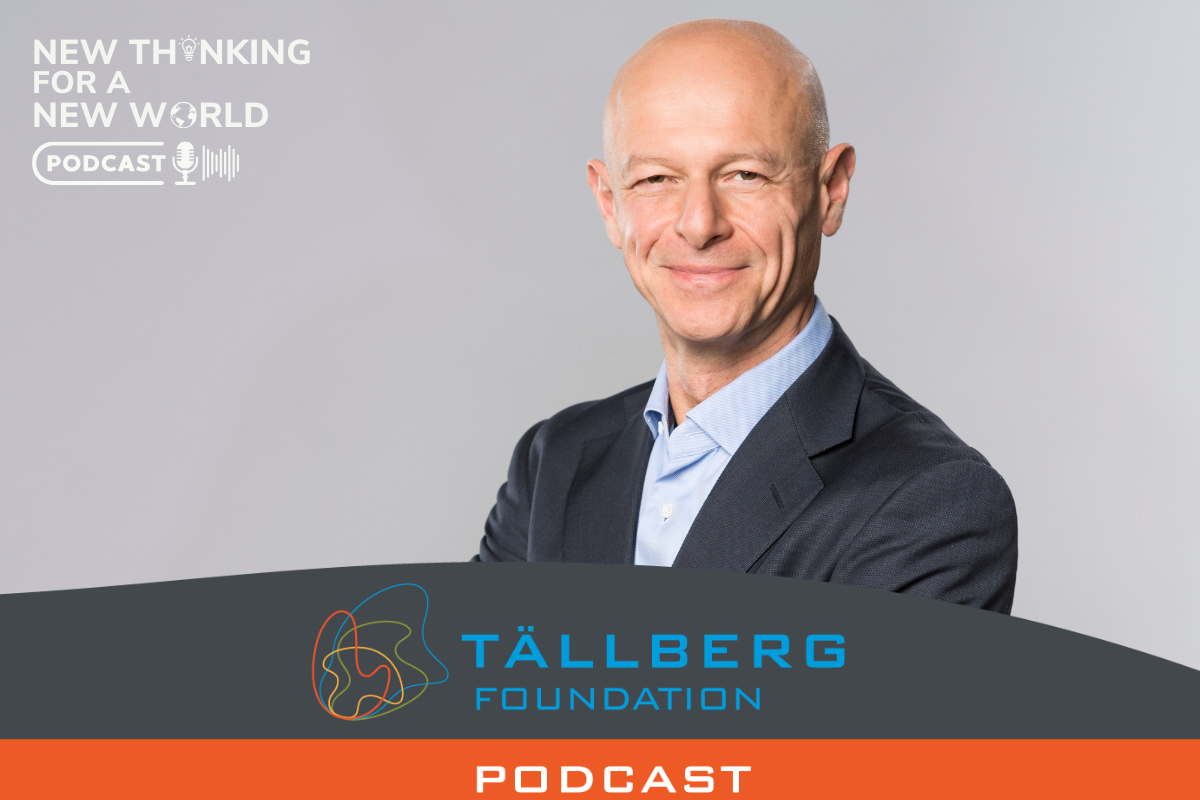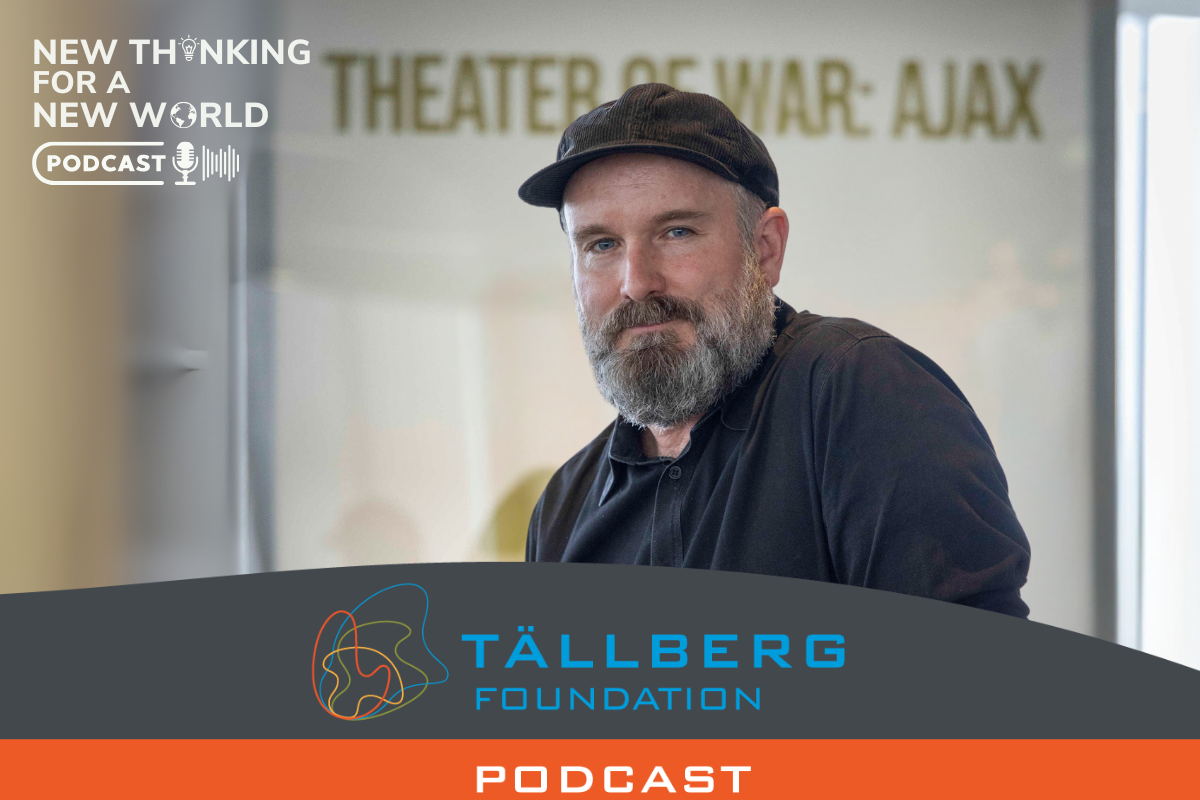Can we produce enough food to meet humanity’s growing needs and wants, without further environmental damage? Is it possible to move the center point of the production process from the farm or the sea into the laboratory?
 Didier Toubia is the co-founder and CEO of Aleph Farms, a cultivated meat company that is shaping the future of food by growing slaughter-free beef steaks directly from cow cells, preserving natural resources, and avoiding the use of antibiotics. Prior to Aleph Farms, Didier co-founded and led IceCure, which went public in 2010, and served as the CEO of NLT Spine, which was acquired by SeaSpine in 2016. Didier was trained as a food engineer and biologist and holds a joint executive MBA from Kellogg and Recanati. He is also co-founder of BlueTree and Yeap.
Didier Toubia is the co-founder and CEO of Aleph Farms, a cultivated meat company that is shaping the future of food by growing slaughter-free beef steaks directly from cow cells, preserving natural resources, and avoiding the use of antibiotics. Prior to Aleph Farms, Didier co-founded and led IceCure, which went public in 2010, and served as the CEO of NLT Spine, which was acquired by SeaSpine in 2016. Didier was trained as a food engineer and biologist and holds a joint executive MBA from Kellogg and Recanati. He is also co-founder of BlueTree and Yeap.
“Today, we’re using 1.7 times the resources planet earth puts at our disposal, and we really need to change the way we produce our food if we want to preserve the planet for future generations.”
— Didier Toubia
Agriculture as it is practiced today—industrial scale ranching and farming—is already a huge contributor to the accelerating pace of climate change. Feeding a growing global population implies even greater greenhouse gas emissions, as well as energy, water and land usage. Moreover, the pandemic demonstrated the fragility and vulnerability of the global food supply chain, as worldwide economic, social, and trade dislocations led to food shortages, distribution problems, hunger, and malnutrition.
Is there a better alternative? Can we produce enough food to meet humanity’s growing needs and wants, without further environmental damage? Is it possible to move the center point of the production process from the farm or the sea into the laboratory?
Our guest on this week’s New Thinking for a New World podcast has positive answers to those questions. Didier Toubia is co-founder and CEO of Aleph Farms, a company based in Israel that grows steaks from cow cells. Real, honest-to-god, good tasting steaks—without the downsides of factory farming.
Let us know what YOU think and comment on the podcast below.
Click on the button to listen to the episode or find us on a podcast platform of your choice, (Apple podcast, Spotify, Acast, Stitcher, Libsyn, YouTube, etc).




0 Comments